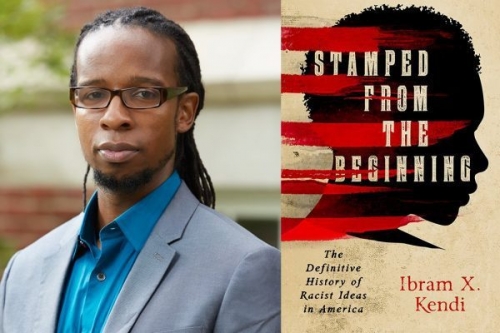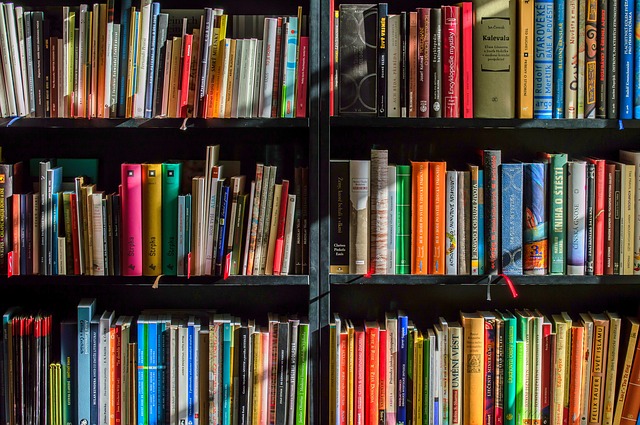Cycling isn’t Freedom for Everyone
As I mentioned last week, I have been a cyclist all of my life and enjoyed every minute of it. However, being a black female cyclist does come with its troubles sometimes. Sometimes I get stares on the street from people who probably aren’t using to seeing someone who looks like me on a bike. Recently, I had a white guy ask me where I got my fancy, expensive-looking bike. I told him I bought it at a bike shop. But then he continued to ask where I really got the bike, implying that I may have either stolen the bike or someone gave it to me. Apparently, according to this guy, there is no way I could have bought this bike by myself!
And there have been many other microaggressions like this in my life. But cycling while Black can also have more serious consequences. According to Bicycling Magazine, Black cyclists are disproportionately pulled over by the police for suspicion or probable cause more often than their white counterparts. Some Black cyclists get arrested for minor traffic violations. In June a Black man died in custody after being arrested for cycling without a light!
Cycling has always been seen as a sport for white, privileged men. Over a hundred years ago, most cycling clubs explicitly banned people of color, women, immigrants, and the poor from joining. Also, these clubs mainly focused on those who rode bikes by choice, which were usually privileged white dudes. People of color, immigrants, and women generally had different reasons for cycling, such as for economic and social reasons. Because of this, cyclists by choice have more power and say over bike policy and infrastructure.
These inequalities can still be seen today. There are a lot of barriers to getting more people of color on bikes. One of them is simple; if you don’t see anyone who looks like you on a bike, you don’t think it is something you can do. Of course, there are other issues, like not living near bike-friendly roads, paths, or green spaces, in addition to the fear of police brutality while riding. For Black women specifically, the “whole hair issue” can be a deterrent from not wanting to ride a bike.
There have been many Black Lives Matter cycling rides in the last couple of months, and I participated in one last month. Unfortunately, there also have been police officers using their bikes against protesters. I only hope this racial reckoning the country is going through now will put more spotlight on how to make cycling more equitable for everyone.
Let’s remember there have always been Black cyclists, including Major Taylor, the first African-American sportsperson to win a World Championship. And, yes, he was a cyclist a hundred years ago!


